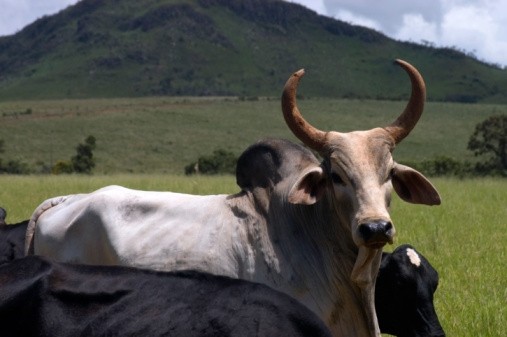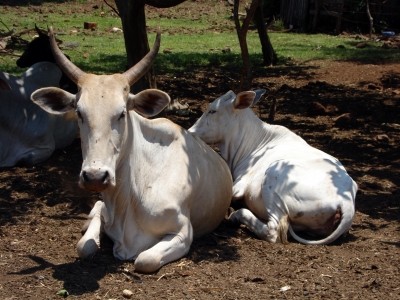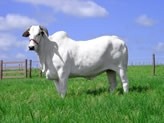OIE defends Brazil against ‘unjustified’ beef bans

Five countries – China, Japan, South Africa, Saudi Arabia and Jordan – have imposed bans on Brazilian beef since the OIE confirmed last month that a sample taken from a breeding cow that died two years ago in the Brazilian state of Parana had tested positive for atypical BSE.
In a statement to press, Vallat said that while these countries had the right to impose bans in response to animal disease outbreaks under World Trade Organization (WTO) agreements, such action was excessive in this instance, and called on them to lift the bans “as soon as possible”.
He pointed out that OIE continues to recognise Brazil as having “negligible” BSE risk, which the lowest category of risk. “One case in a population of 200 million heads of cattle does not justify a change of status,” he said.
Under OIE rules, the occurrence of a single case of a BSE does not automatically lead to a change in the country’s risk status, “except in the event of a change in the epidemiological situation indicating failure ofthe BSE risk mitigating measures in place”.
Brazil’s BSE status will therefore be reviewed at the next meeting of the Scientific Commission for Animal Diseases in February 2013, where Brazilian authorities will be given the opportunity to explain the actions taken since the identification of the BSE case.
Brazil’s delegate at the OIE, Guilherme Marques, of the Ministry of Agriculture, Livestock and Supply (MAPA), said he was confident there would be no change to Brazil’s status because the country was in “full compliance” with the OIE’s Animal Health Code.
As the OIE procedure is based on an overall assessment of risk, the occurrence of a BSE case does not automatically lead to a suspension of the BSE risk status, except in the event of a change in the epidemiological situation indicating failure of the BSE risk mitigating measures in place. So far there is no reason for suspending Brazil’s BSE risk status. Epidemiologic aspects of this event will be examined and discussed at the next meeting of the Scientific Commission for Animal Diseases in February 2013.
Brazil’s foreign trade secretary, Tatiana Prazeres, said last week that the country was considering taking action with the WTO if its trading partners did not lift the bans soon. “There is no basis for these decisions on health parameters and the government is analysing what measures will be taken. Taking action at the WTO is on our radar,” she said.








